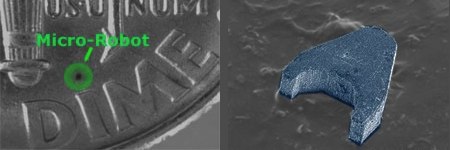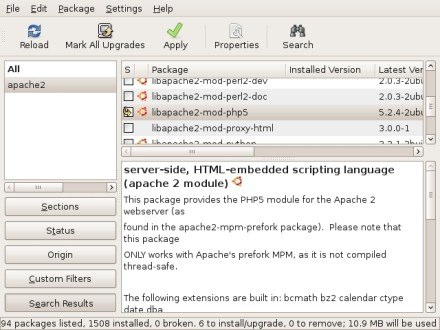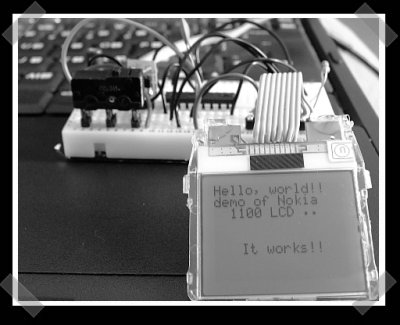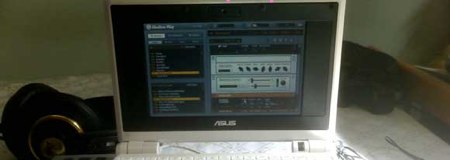
With the imminent release of Firefox 3 and Opera 9.5 being finalized this week, Lifehacker decided it was a good time to run the browsers head to head to see which was the fastest and least resource intensive. The testing system was a 2GHz 2GB Vista machine. The timing system used wasn’t directly hooked to the browser, so tests were repeated multiple times to improve accuracy. The cold start winner was Opera, but most browsers opened in about a second if they had been run recently. Safari did well loading content in multiple tabs at the same time, probably due to its short render times for JavaScript and CSS. The final test was memory usage; we’re sure many people will be happy to know that Firefox 3 RC3 only used 66% of the RAM required by the other three browsers.
Day: June 13, 2008
Magnetically Actuated Microbots

The Carnegie Mellon NanoRobotics Lab uses external magnetic fields to precisely control their nanosoccer players. The micro robots are just 300×300 micron specs of neodymium-iron-boron permanent magnets that have been laser machined. The working volume is surrounded by five electromagnetic coils. Four coils are used for position while the fifth provides clamping force to the work surface. The bot can be operated almost anywhere as long as the surface isn’t magnetically active. Machine vision is used to watch the bot and provide feedback control. Embedded below is the robot moving across a glass slide next to a dime. It can travel at speeds up to 60 body lengths per second.
LAMP On Ubuntu

Download Squad’s [Kristin Shoemaker] has just published part 2 of their guide to web development using Linux. This time around they’re installing Apache, MySQL, and PHP on Ubuntu Hardy Heron. It’s a straight forward process under Ubuntu since you just need to select the few packages in Synaptic. Once installed, she shows you how to poke at Apache to verify that it’s running. They finish up by installing phpMyAdmin and the WordPress CMS.
Having a web server installed is useful for more than just development work. Many open source tools have a simple web based interface you’ll be able to access through your local web server.
Nokia 1100 LCD PIC Controller Interface

Nokia LCDs have been a popular choice for hardware projects for quite a while. [Ramandeep] published a how-to on interfacing the 1100 series LCD with a PIC controller. The 1100 features easily soldered contacts and a backlight, making it an good choice for adding an LCD to your project.
Making Music With The Eee PC

Create Digital Music has been watching the Asus Eee PC closely. The laptop’s portable nature and low price-cheaper than a turntable-have made them desirable to both producers and performers. CDM has collected links to many people that are figuring out how to leverage the lightweight rig. [Dan Stowell] put together a tutorial for SuperCollider, the real time audio synthesis engine. The machine is good for simple text based tracker software too. On the Windows side, a lot of software, like Guitar Rig, can be enabled with just a little display driver hacking. This really makes us wonder when we’ll see the first Eee PC keytar mod.











